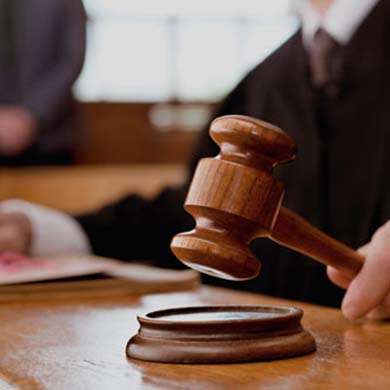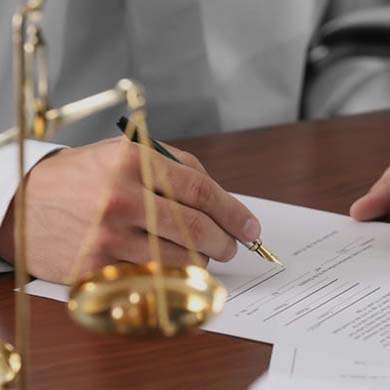File Small Claims Court in Louisiana
In Small Claims Court of Louisiana, The maximum amount you can sue for in Small Claims Court is $5,000 and the maximum amount you can sue for on the regular Civil docket for this Court is $20,000. Different types of suits may have different time limitations on when a suit must be brought before the filing of the action is prescribed, or barred, by law.

To FILE your case and SERVE the Defendant, the price for this state is$74.95.
Louisiana Small Claim Filing
Why do you waste your time energy after a small claim? We are here to take pain for you. We are literate enough about the Small Claims Court System. We will get your claim filed and make you free from worries. We file Louisiana Small Claim in the relevant court. We provide proof after the task is completed. Our policy provides individuals and companies peace of mind.
Suing Someone in Louisiana Court Or Being Sued?
We, in Louisiana Small Claim filing offer in case if you want to file a case against somebody, we can help by:
- Serving Your Small Claims Papers Before The Deadline.
- Serve Your Claim In Proper Legal Way for Louisiana Court.
- Fill Your Proof With The Maurepas Court.


In case you are sued, we talk to the relevant person or company to settle things down. We appeal your small claim judgment as well.
E-Filing Services inLouisiana
Small Claim Louisiana E-file your legal documents to Louisiana courts that accept E-Filling on your behalf.
Small Claims For Bad Cheque Or Payment in Louisiana
Louisiana Small Claim settles all money matters reliably and authentically if you are deceived in money matters.
Recent Cases Filed in Louisiana Small Claims Court
File Small Claims in Maurepas For Security Deposit
In Louisiana Small Claim, if your former landlord refuses to return the security deposited you paid, we offer our services.
Louisiana Small Claims Filing if Refusing To Pay After A Car Accident
If someone ruins your car in Louisiana and refuses to pay for its repair, you can file small claims to recover your car accident damage. Small claims filingprepares all the documents to file a small claim in Louisiana court.
Direct Legal Small ClaimService inLouisiana
We provide full service of handling of writs both state and federal.
Court Filling Small Claim Louisiana Services
Throughout Louisiana in the small claims, we offer services to accommodate on the same day, next day or routine service.
Who Can Sue Small Claim In Court Louisiana?
Those who can claim for Small Claim Louisiana are listed below:
- Married Couples can file small claims in Maurepas court.
- Business Partnerships can also file small claims
- Corporations can file small claims
- Government Agencies can file small claims
- Motor Vehicle Claims can be handled
- Minors can also file small claims in the court of Louisiana
- Prisoners can file small claims
- Bill Collectors can also file small claims in Louisiana
How Much Does It Cost To File A Small Claim Court, Louisiana?
There is a $30 filing fee for a case asking for up to $1500. To claim over $1500, and up to $5,000, there is a filing fee of $50. If your claim is above $5,000, the filing fee is $75. If you file more than 12 cases in a year, subsequent cases will cost $100.



